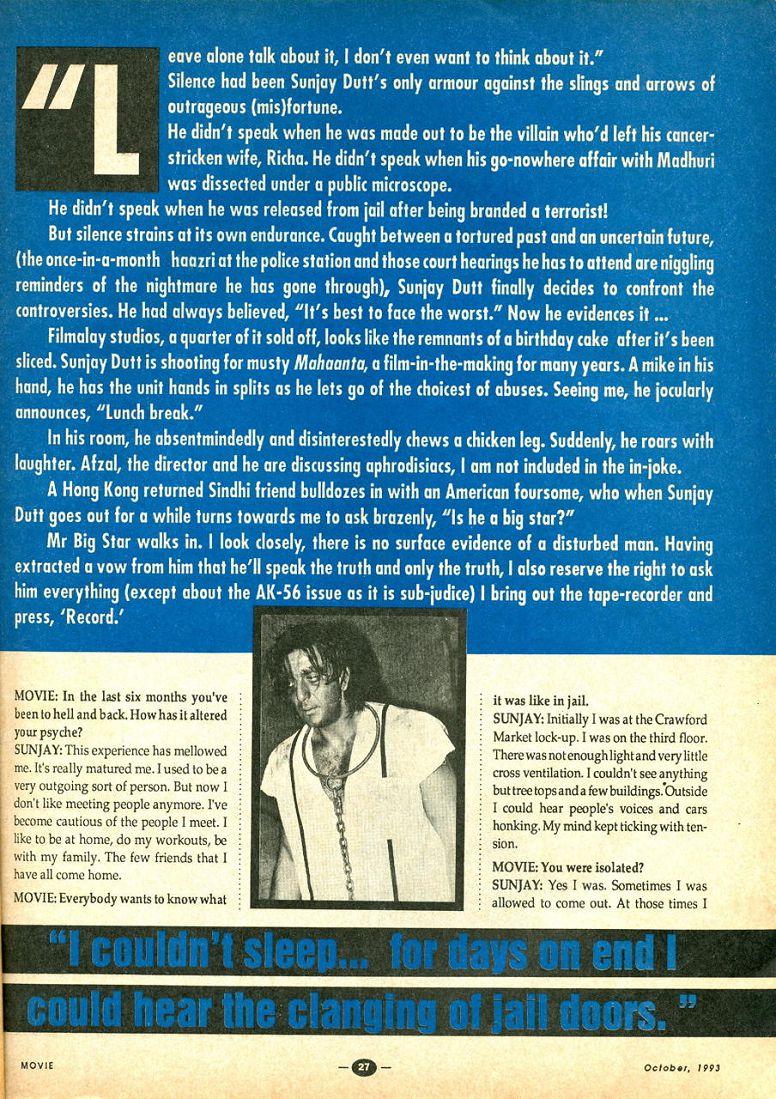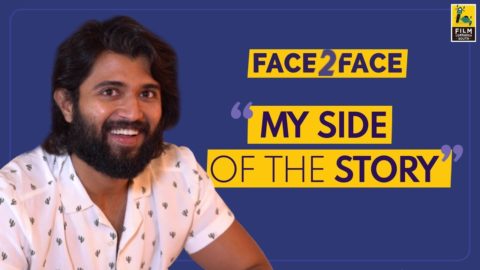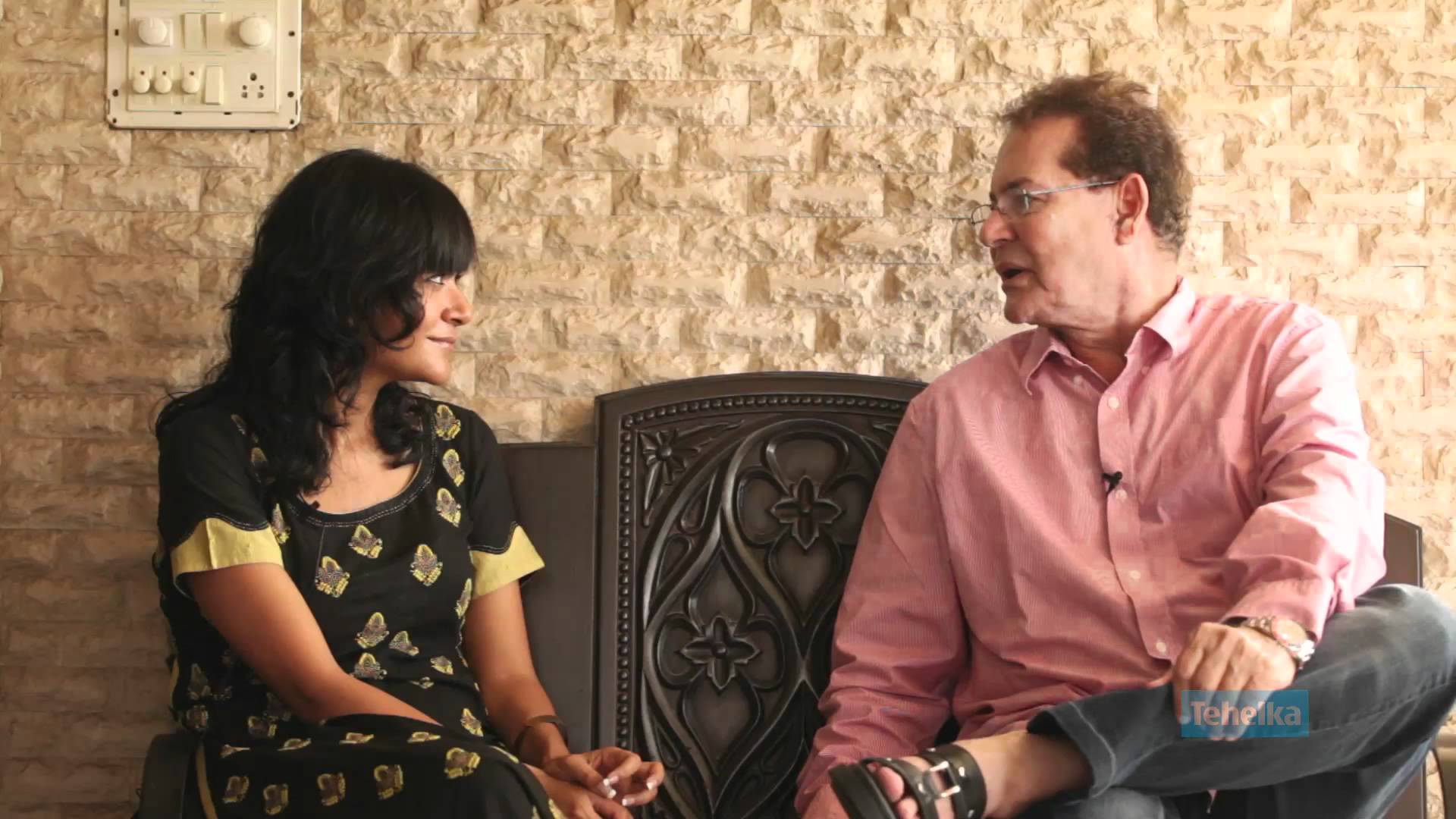 ‘That’s not just the name of an underwhelming Abhishek Bachchan movie. It’s also how you’d describe a troublingly agenda-free Abhishek Bachchan interview
‘That’s not just the name of an underwhelming Abhishek Bachchan movie. It’s also how you’d describe a troublingly agenda-free Abhishek Bachchan interview
I am seated on a sofa inside one of the rooms in a five-star hotel. (Perhaps it’s a six-star. I can never say with these things.) I am seated on this sofa because I’ve been instructed to sit here, not in the chair opposite me. That chair is where Abhishek Bachchan will sit, a sort of high-backed wooden throne. I wonder briefly what kind of psychological advantage this will bestow on the star, this particular seating on this particular chair, but I brush the thought away because I have bigger things on my mind.
For instance, what I am going to talk to him about. He is not here to promote a film or discuss a project with a filmmaker or launch a brand of something whose advertisements will flood our television screens. He is in the city to participate in an event, and his presence in the city is apparently reason enough for an interview.
Gathering my woolly thoughts, I glance at the closed door that separates us, him and me, interviewee and interviewer. The door opens and he enters, a shiny pink shirt erupting through a grey suit like flesh from a gash. He sits on the throne and crosses one very long leg over the other. I feel I have to prepare him for the worst. This is going to be a very general interview, I say weakly, defensively. An amateur player staring across the net at Federer. No problem, he says calmly. The voice is just like it is in the movies, a bass booming through a pipe of metal. My turn to serve. I ask if the omnipresence required of an actor today is a problem. This is a rare weekday he’s not shooting. He could be napping this afternoon. Instead, owing to the ceaseless cranking of public-relations machinery, he has to talk to me.’
‘His response is an ace. He doesn’t nap in the afternoon, he says. Secondly, he likes to work round the clock. He believes that this is part and parcel of what he does. His attitude is that he’s going to enjoy it while it lasts. Love-fifteen. I ask if this being everywhere — on television, on billboards, on movie screens, in newspapers, in hotel rooms with self-doubting journalists — doesn’t dilute stardom. He allows that it does take away the mystique, a bit of that aura. But he says that’s also a requirement of the audience today.
Hence his presence on social media sites. Twitter, he says, is all about making a more tight-knit community with the person you admire, and if you’re going to be available on a social media platform you have to be available for the brickbats as well as the bouquets. I am distracted, momentarily, by the fluted way he says it — not boh-kays but boo-kays. But eyes on the net. He continues to rally.
Does he think Tamil heroes, like his friend Dhanush, get away with playing more rooted parts than their Bollywood counterparts? He hovers between agreement and disagreement. Charge to the net or wait at the baseline? He says that Telugu and Tamil heroes choose to play rooted roles because they’re catering to their audience, and if Hindi-film heroes are playing more cosmopolitan characters, then it’s because of their audience. But the opening up of overseas markets may mean that Tamil heroes could choose to become cosmopolitan too.
No, he doesn’t recall his first visit to Chennai. He was too young. But yes, he remembers, from later visits, the Taj Coromandel, because everybody used to stay there. Yes, he watches Tamil cinema, sometimes with subtitles, sometimes with a translator with him. My shots are unfocused. I’ve abandoned all pretence of staying in the game. Looking forward to slumping in the locker room. I glance at my hastily scribbled notes. The words stare back unfeelingly, no help at all.
I decide it’s best that I walk over to the net, shake hands and surrender. This conversation deserves the dignity of a non-lingering death. I tell him I’m running out of things to ask. He laughs for the first time. A flash of white in that thicket of stubble, which he says grew out of the fact that he doesn’t like to shave. I venture that this is tougher, requiring more diligent care. He says trimming once in three days is better than shaving every morning. At the moment of death, the game has sprung to life. We have finally found common ground, he and I, over a residual ritual of masculinity. Picking up my kit, I ask what the stubble has given him. He replies with the afternoon’s best quote: a great mask to hide behind.’
Tags: Abhishek Bachchan Baradwaj Rangan






Sounds more like a PR piece rather than a interview.